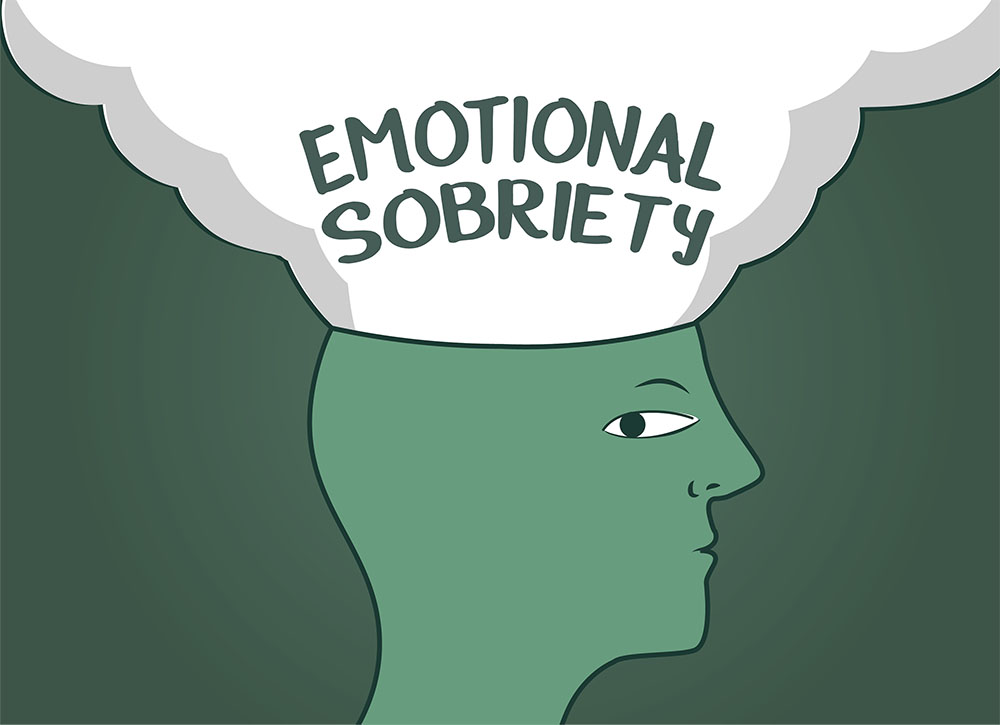How Does a Recovery Coach Differ from a Therapist?
Table of Content
In the late 2000s, the American cable television network A&E presented two perspectives of recovery coaches, one realistic and the other fictional. The success of Intervention, an acclaimed reality series currently in its 25th season, prompted A&E executives to order production of The Cleaner, a drama series featuring Hollywood star Benjamin Pratt playing the role of a heroic recovery coach in Los Angeles. From 2008 to 2009, A&E viewers could watch a new Intervention episode on the night before The Cleaner, thus getting different views of the hands-on work of recovery and sober living coaches.
What Do Therapists and Recovery Coaches Do?
Their work is very similar, and the goal of guiding patients to sobriety is the same. Both are mental health professionals who follow therapeutic guidelines. Moreover, their education and training intersect. The key differences are in their approaches, the scope of their practices, and their certifications. In the addiction recovery context, both focus on the psychological, emotional, and—more importantly—behavioral causes of addiction. Recovery coaches, however, play a more hands-on and practical role when treating their patients. On A&E’s Intervention, many of the professionals who coordinate and execute treatment are also coaches, so they have practical experience in managing situations that can turn into crises.
Two Examples of Addiction Recovery Coaching
We can turn to Hollywood for examples of recovery coaches at work. In 2017, actor and director Ben Affleck attended the 89th Academy Awards to support his brother’s nomination, and he explained to paparazzi that the sober companion by his side was also his recovery coach. In 2022, during the highly publicized defamation trial involving Johnny Depp and Amber Heard, Dr. David Kipper provided a prerecorded deposition explaining how he was next to Depp during detoxification and later traveled with him for production work and publicity tours.
The Practical, Strengths-Based Work of Recovery Coaching
A simple way to boil down the differences between addiction therapy and recovery coaching is to consider the “why” and “how.” Therapists help patients understand why they must stay sober. Recovery coaches help individuals understand how they can stay sober. The coaching approach breaks addiction recovery down into tangible, achievable, and necessary steps. In some situations, they’re “back-to-basics” goals like creating a resume, preparing for job interviews, and learning to manage finances. In other situations, like with Ben Affleck at the Oscars, coaches provide vital support as sober companions. They may attend court hearings and be present during child custody visitations. In all situations, recovery coaches foster their clients’ strengths to build healthy and sober lives. While many people who fall into substance abuse can start to recover on their own without the help of an interventionist, Encinitas addicts can get a great deal of benefit from working with experienced recovery coaches.
Deciding if a Recovery Coach Is Right for You
The “sober-curious” movement has shone a light on the work of recovery coaches, who are also known as sober living coaches. Hands-on professional counseling is welcomed in nearly all situations, particularly when it features a therapeutic component. Many recovery coaches also work as therapists, and this is a plus for their clients. Whether you’re in early recovery, dealing with relapse, or struggling to complete your recovery journey, a recovery coach can help you with the practical aspects.
For strength-based recovery coach services in Encinitas, reach out to the trained professionals at Sober Lifestyle Coaching. Our goal is to offer our clients maximum recovery support, especially in the first fragile days or weeks of early recovery. If you’re looking for extra addiction recovery support so you don’t risk relapse when you head into the danger zones, we’ll work with you to put together a game plan to keep you safe and sober as you accomplish your goals. To learn more about how we can help you or someone you love, call us today.









